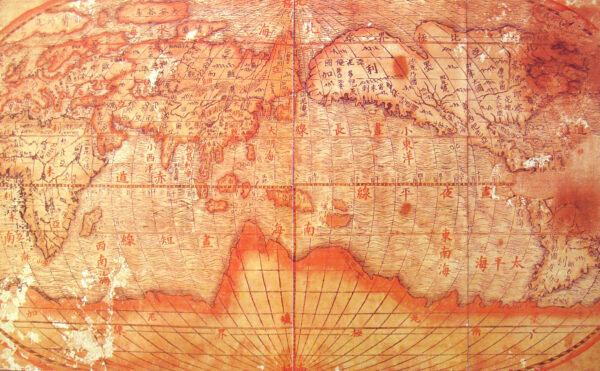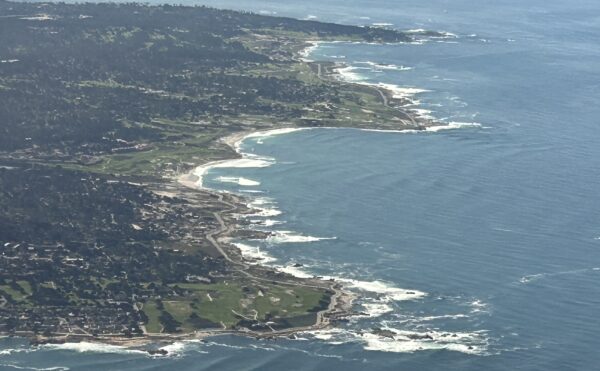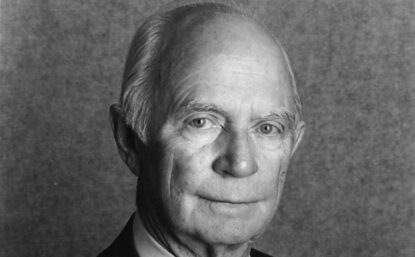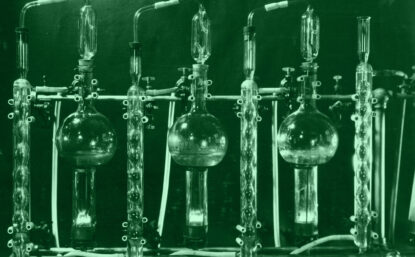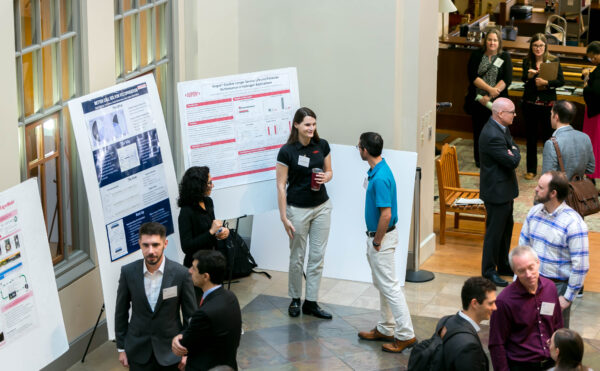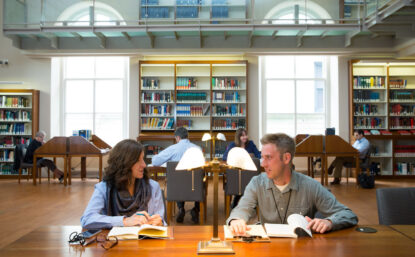Gordon Cain Conference
The Gordon Cain Conference is an annual gathering of scholars in the history of science and related fields. Each conference is organized by eminent scholars who work with staff to develop a theme of broad contemporary relevance and brings together historians and other researchers from around the world.
The Cain Conference series is hosted by the Arnold and Mabel Beckman Center for the History of Chemistry and supported by a generous gift from the late entrepreneur Gordon Cain.
2025
The Spirit of Asilomar and the Future of Biotechnology
Organized by Luis Campos, Rice University
2024
Storytelling as Pedagogy: Historical Biographies in STEM and Social Studies
Organized by Sibrina N. Collins, Lawrence Technological University
2023
Science in Humanities, Humanities in Science: Embedded Connections
Organized by Jeremy A. Greene, Johns Hopkins University; Dolly Jørgensen, University of Stavanger, Norway; Victoria Lee, Ohio University; and Amy Slaton, Drexel University
2022
Let’s Get to Work: Bringing Labor History and the History of Science Together
Organized by Alexandra (Alix) Hui, Mississippi State University; Lissa L. Roberts, University of Twente; and Seth Rockman, Brown University
2021
Diplomatic Studies of Science: The Interplay of Science, Technology, and International Affairs after the Second World War
Organized by Maria Rentetzi, Friedrich-Alexander-Universität Erlangen-Nürnberg
2018
Where to Put It All? Some Thoughts about Collections, Museums, and History
Organized by Steven Conn, Miami University
2017
My Data, My Self: A Century of Self-Tracking Health Technologies
Organized by Deanna Day, Amanda L. Mahoney, and Ramya M. Rajagopalan, Science History Institute
2016
Chemistry in the Americas, 1500–1800
Organized by John Christie, University of Oxford, and Carin Berkowitz, Science History Institute
Life in the Universe: Past and Present
Organized by David DeVorkin, National Air and Space Museum
2015
Curators, Popularizers, and Showmen: Science in Nineteenth-Century Anglo-American Exhibitions and Museums
Organized by Bernard Lightman, York University
2014
Chemical Reactions: Chemistry and Global History
Organized by Lissa L. Roberts, University of Twente
2013
Sensing Change: Environmental Issues in Art and Science
Organized by Dehlia Hannah, Arizona State University
2012
E pluribus unum: Bringing Biological Parts and Wholes into Philosophical Perspective
Organized by Lynn Nyhart, University of Wisconsin–Madison, and Scott Lidgard, Field Museum of Natural History
2011
Chemical Weather and Chemical Climate: Body, Place, Planet in Historical Perspective
Organized by Jim Fleming, Colby College
2010
Personalizing Medicine Here and Now: Empirical Studies of Post-Genomic Medicine
Organized by Alberto Cambrosio, McGill University
2009
Technology Transfer and Diffusion in Comparative Perspective
Organized by Bruce Seely, Michigan Technological University
2008
The Dilemma of Dual Use
Organized by Roy MacLeod, University of Sydney
2007
New Chemical Bodies
Organized by Jody A. Roberts, Science History Institute
2006
Towards a History and Philosophy of Expertise
Organized by Christopher Hamlin, University of Notre Dame
2005
Nano Before There Was Nano: Historical Perspectives on the Constituent Communities of Nanotechnology
Organized by Cyrus C. M. Mody, Cornell University
2004
City, Industry, and Environment in Transatlantic Perspective
Organized by Donna Rilling, State University of New York at Stony Brook
2003
Risk and Safety in Medical Innovation
Organized by Arthur Daemmrich, Cornell University
2002
Industry and Governance: Changing Relations among Science-Based Corporations, Government, and the Public
Organized by Arthur Daemmrich, Cornell University
2001
The Chemical Industry and the Environment
Organized by Christian W. Simon, University of Basel, Switzerland
1999
Pharmaceutical Innovation: Revolutionizing Human Health
Organized by David B. Sicilia, University of Maryland
1998
The 20th-Century American Chemical Industry
Organized by Stephen B. Adams, Lucent Technologies

